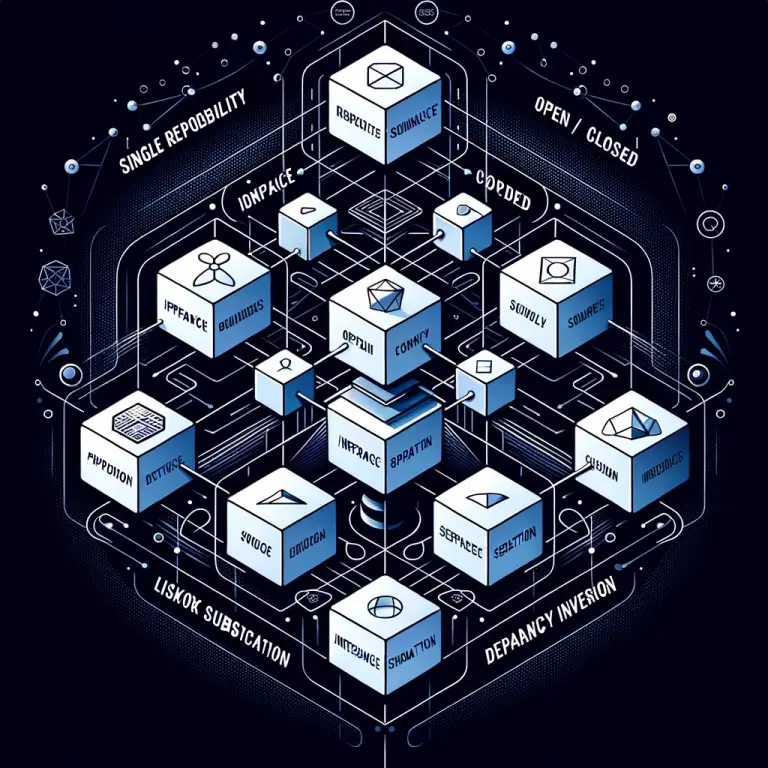Title: Journey into Multiplayer Video Game Role-Playing Games: An In-depth Exploration
Introduction
In today’s digital era, one of the most popular forms of entertainment is video gaming. Within this sphere, multiplayer video game role-playing games (MMORPGs) occupy a significant place due to their immersive nature and opportunities for social interaction. These games allow players from across the globe to come together, assume the roles of fictional characters and work cooperatively and competitively within a virtual world. This article delves into the intricacies of MMORPGs, their characteristics and impact, and the compelling reason for their vast, global popularity.
The Genesis and Characteristics
The inception of MMORPGs can be traced back to the early 1990s with the creation of ‘Neverwinter Nights’, which was played on America Online. Since then, this genre has grown exponentially, with flagship titles like ‘World of Warcraft’, ‘Final Fantasy XIV’, ‘The Elder Scrolls Online’, and many more, captivating millions of players around the world.
Key elements that define MMORPGs include character customization, immersive and expansive online worlds, interaction with other players, and a persistent game environment. These games often have a leveling system where players gain experience to become stronger and unlock new skills or abilities. A defining feature is the idea of a persistent world, where the game’s environment continues to evolve and exist, even when the player is offline.
The Multiplayer Experience
The essence of MMORPGs lies in their multiplayer nature. Players can engage in player-vs-player combat, team up to complete quests or missions in player-vs-environment settings, trade in-game items, and even engage in non-game related social activities. This creates a unique blend of competition and collaboration that is orchestrated in real-time.
Moreover, the interaction and cooperation between players breed a sense of community, often leading to the formation of in-game guilds or groups. These social features have roots in our innate human desire for social interaction and collective problem-solving, making MMORPGs not only a game but a social phenomenon.
Impact and Influence
MMORPGs, over time, have substantially influenced the gaming industry. The aspects of leveling up, loot collecting, and social interaction have been adopted by other genres. They have also revolutionized the concept of gaming as a spectator sport with streams and eSports events drawing large audiences.
Conclusion
In conclusion, multiplayer video game role-playing games offer a remarkable blend of immersive storytelling, social interaction, and competitive gameplay. They have not only reshaped our understanding of video games as a medium but have also demonstrated how games can foster online communities and enable collaboration and competition. With their continual evolution and technological advancements, MMORPGs will continue to captivate gamers, offering increasingly immersive and engaging virtual worlds to explore and conquer.

